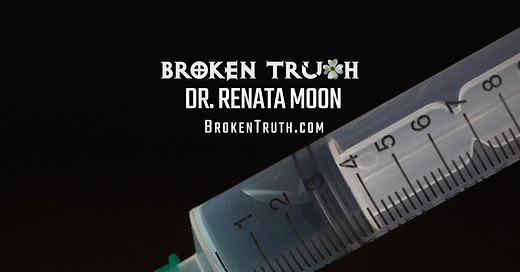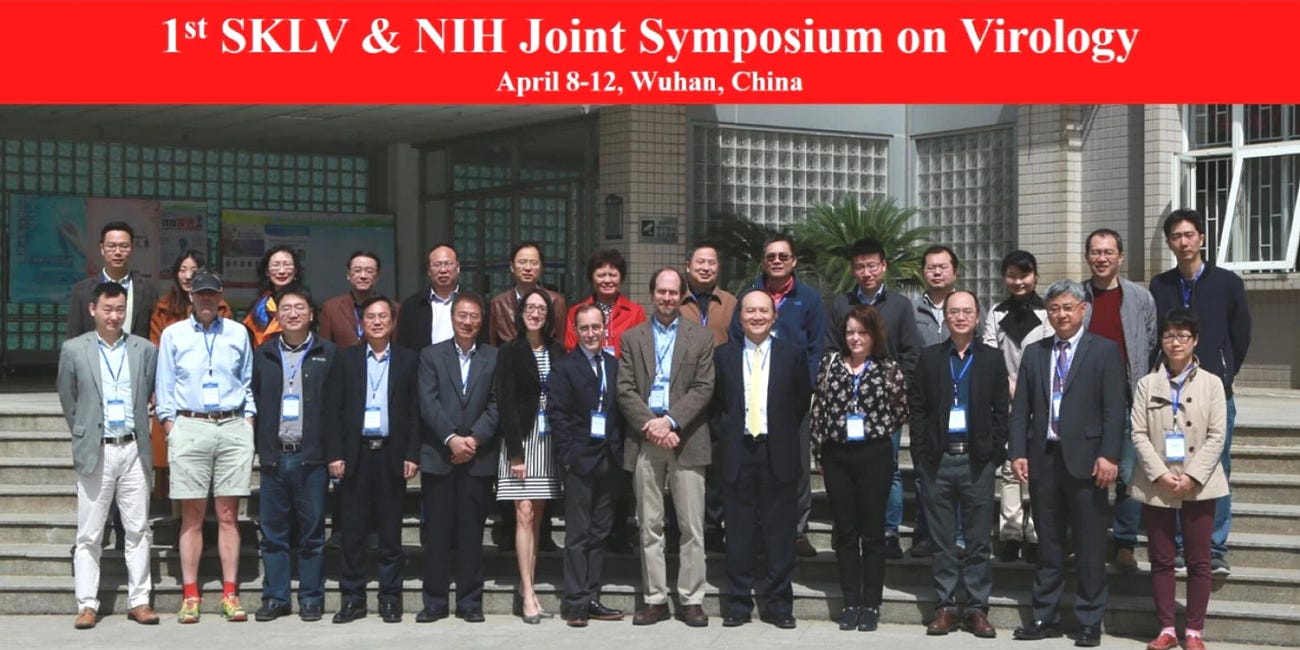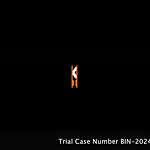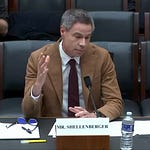In December 2022, Senator Ron Johnson of the United States convened hearings to delve into the ongoing COVID-19 vaccine scandal. The focus was on scrutinizing the safety and efficacy of the mRNA vaccines, particularly concerning their administration to children. At the heart of this inquiry was Dr. Renata Moon, a seasoned pediatrician with over two decades of experience, who presented a stark revelation about the information—or lack thereof—provided to healthcare providers regarding these vaccines.
The Blank Insert Revelation
Dr. Moon shared a striking discovery: when she examined the package insert of the mRNA vaccine intended for children, she found it was entirely blank, a phenomenon she had never encountered in her long career. This absence of information was not just a clerical error but a significant breach in the process of informed consent. Traditionally, package inserts provide detailed data about the vaccine's contents, potential side effects, and administration guidelines. Without this, how could medical professionals adequately inform parents about the risks and benefits of vaccinating their children?
The Pressure on Physicians
The hearings highlighted an uncomfortable reality for many healthcare professionals. Dr. Moon described an environment where physicians were under pressure to promote the vaccine as "safe and effective," with little room for questioning or sharing observed adverse reactions. This pressure was not just professional but existential, threatening their licenses and careers if they deviated from the narrative. Such an atmosphere stifled open discussion and critical evaluation, crucial for medical advancements and patient safety.
Adverse Reactions and the Silence
Amidst the promotion of the vaccine, reports of adverse reactions were rising. Dr. Moon pointed out the significant increase in cases of myocarditis, particularly in young males, following vaccination. These incidents, along with other serious side effects like strokes and blood clots, were being reported with an alarming frequency. Yet, these signals were often dismissed or minimized by those in authority, despite the undeniable data from safety monitoring systems like VAERS showing an unusual spike in adverse events.
The Ethical Dilemma
The central theme of Dr. Moon's testimony was the ethical quandary of informed consent. She argued that true informed consent requires both information and the freedom to choose without coercion. However, with mandatory vaccination policies looming and the silencing of dissent within the medical community, this fundamental right was being eroded. Parents were left in a scenario where their decision-making was influenced more by fear and mandate than by informed choice.
The Global Perspective
Interestingly, Dr. Moon brought to light the contrasting approaches of different nations. Several countries had either restricted or completely banned the use of these mRNA vaccines for children due to safety concerns, a policy starkly different from the U.S. This global disparity in response underscores a critical question about the integrity of scientific discourse and decision-making processes in vaccine policies.
A Call for Transparency and Freedom
Dr. Moon's testimony was not just a recount of her experiences but a call to action for transparency, scientific integrity, and the preservation of personal and medical freedom. Her narrative challenges the medical community and policymakers to reevaluate how new medical interventions are introduced, especially when they involve the most vulnerable populations like children.
Conclusion
The hearings concluded with a poignant reflection on the state of medical science and freedom in America. Dr. Moon's revelations serve as a beacon for those advocating for a more open, informed, and ethical approach to public health policy. As America grapples with these issues, her story might just be the catalyst needed for a broader, more critical examination of how healthcare decisions are made and communicated, ensuring that they uphold the principles of informed consent and patient autonomy.













Share this post